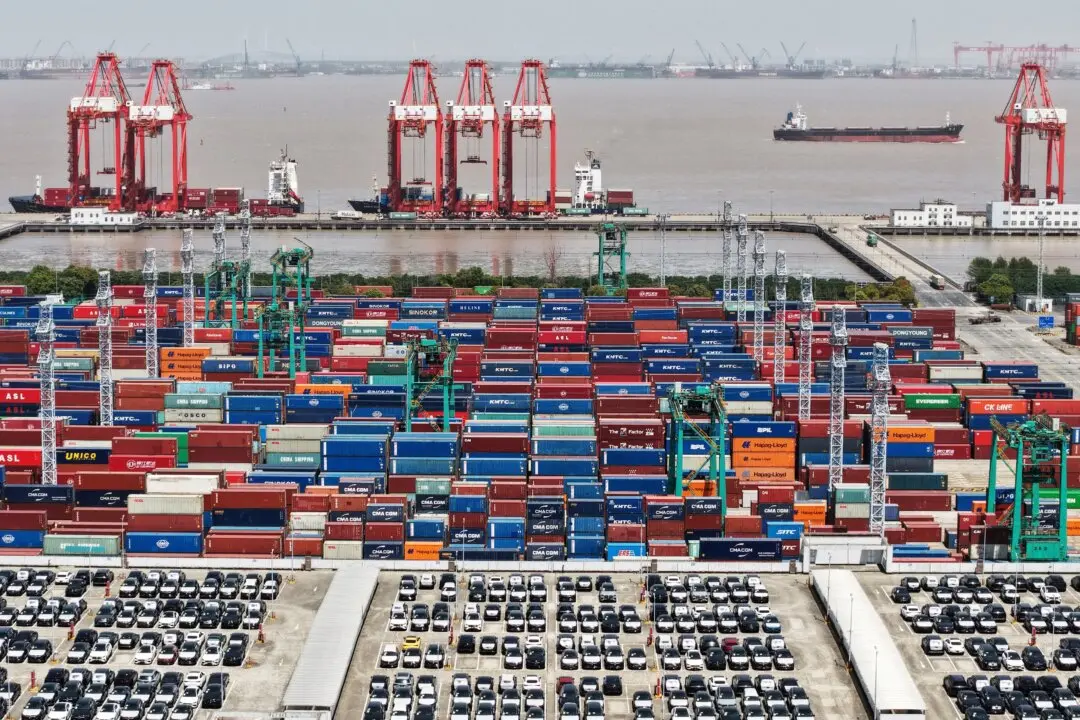Commentary
Chinese firms are delisting from American exchanges at an increasing pace. It is a complete reversal of a trajectory that up until recently saw China-based firms flocking to list their shares in the United States, Hong Kong, and elsewhere, both to raise their global profiles and to enlarge their sources of funding.





